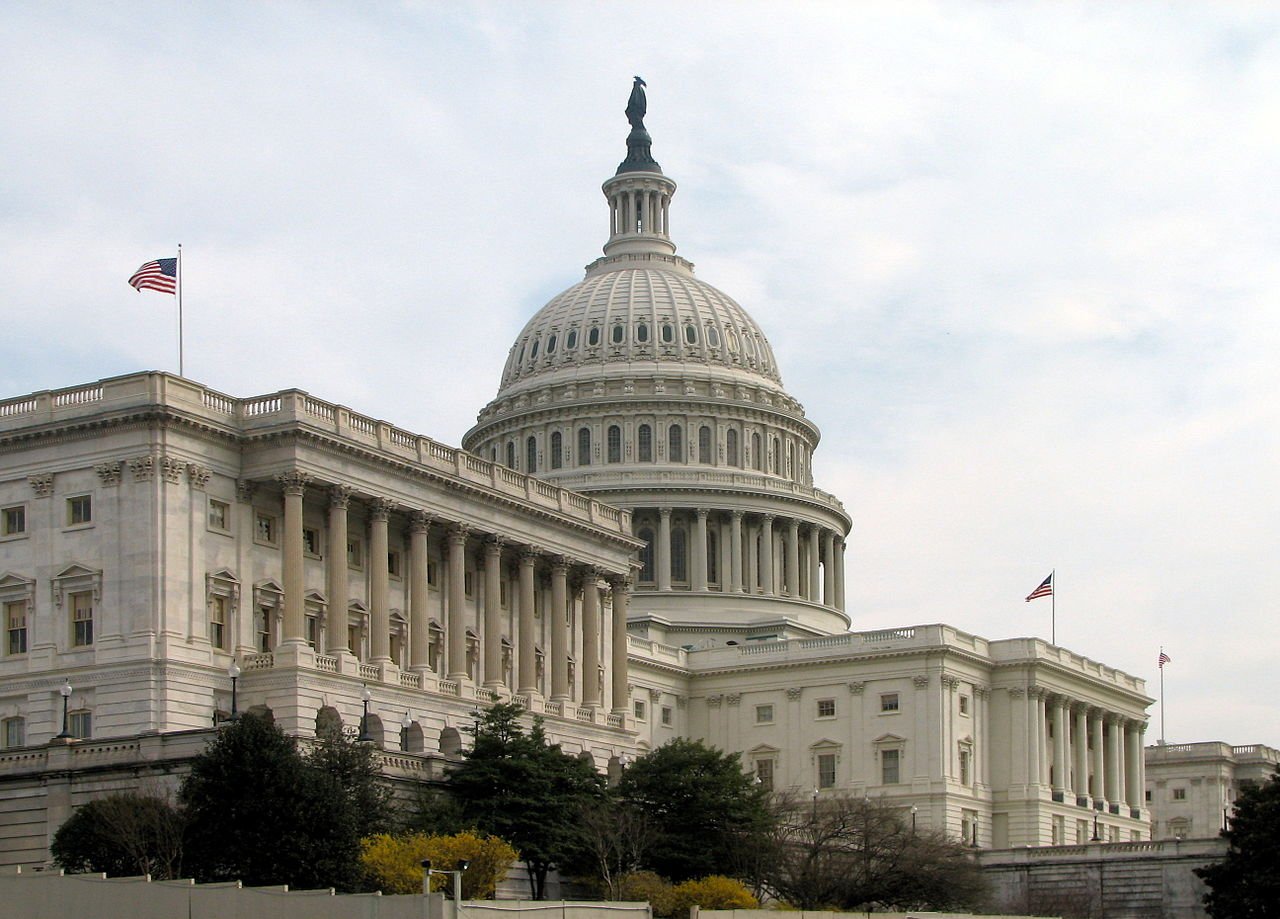The Senate Foreign Relations Committee just passed a bill containing the largest restructuring of the U.S.-Taiwan relation since the Nixon Administration. It will now move to the Senate for debate and vote.
The Taiwan Policy Act would guarantee the island $6.5 billion in specially-expedited weapons deliveries every year, and a $500 million-per-year budget for creating a “war reserve stockpile,” specifically worded to be for use in the event of a Chinese invasion.
Passed 17-5 in committee, where the bill was amended to increase the weapons amount from $4.5 to $6.5 billion, it also would designate Taiwan a “Major non-NATO ally,” a designation shared by Japan, and require sanctions to be placed on China in the event of an attack on the island.
With astonishingly hawkish language, super hawk Senator Bob Menendez (D – NJ) writes in the bill that if passed it is the policy of the U.S. “to deter the use of force by the PRC to change the status quo of Taiwan by coordinating with allies and partners to identify and develop significant economic, diplomatic, and other measures that will deter and impose costs on any such use of force and support and cooperate with Taiwan to implement, resource, and modernize its military capabilities, including an asymmetric defense strategy, through security assistance and increases in defense spending”.
Furthermore, the bill stipulates that previous practices of speaking in ambiguity of the government in Taiwan so as not to offend the Chinese are to be ended, including referring to Taipei as “Taiwan authorities” no longer, and renaming the de-facto Taiwan embassy in Washington the “Taiwan Representative Office”.
In response, the Foreign Affairs Ministry spokesperson said that if the bill were to become law, it would “shake the political foundation of China-U.S. relations”.
“The bill seriously breaches the U.S.’s commitment to China on the Taiwan question, and violates the one-China principle and the three China-U.S. joint communiqués,” spokesperson Mao Ning said today. “It constitutes an interference in China’s internal affairs.. and sends a seriously wrong signal to the “Taiwan independence” separatist forces”.
As WaL reported on the 13th, the visit of Speaker of the House Nancy Pelosi to the island set off a series of countermeasures by China, that included a September 8th foreign policy statement urging the U.S. to stop encouraging secessionist behavior.
In August, China released an updated white paper on Taiwan in which it changed the key positions that forceful unification would be a last resort, and that administrative reunification can be completed while maintaining Taiwanese culture. These niceties are now no longer on the table.
Later in August came the largest military exercises around Taiwan ever seen, performed for “defense” and “blockade” maneuvers.




